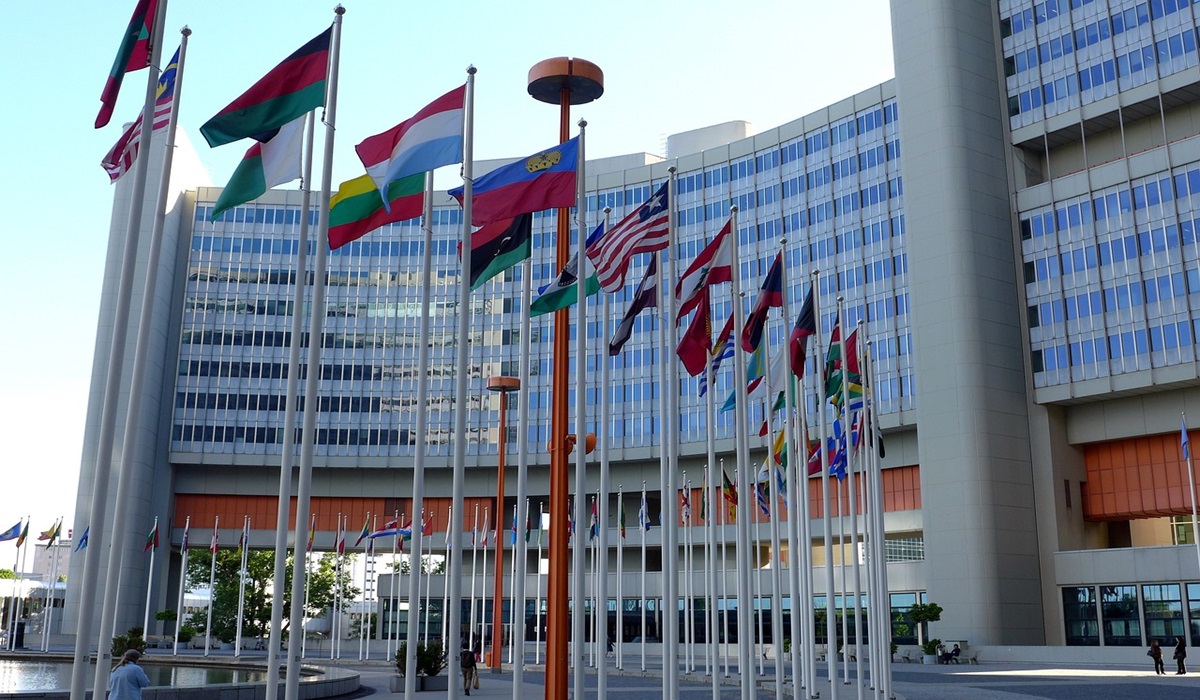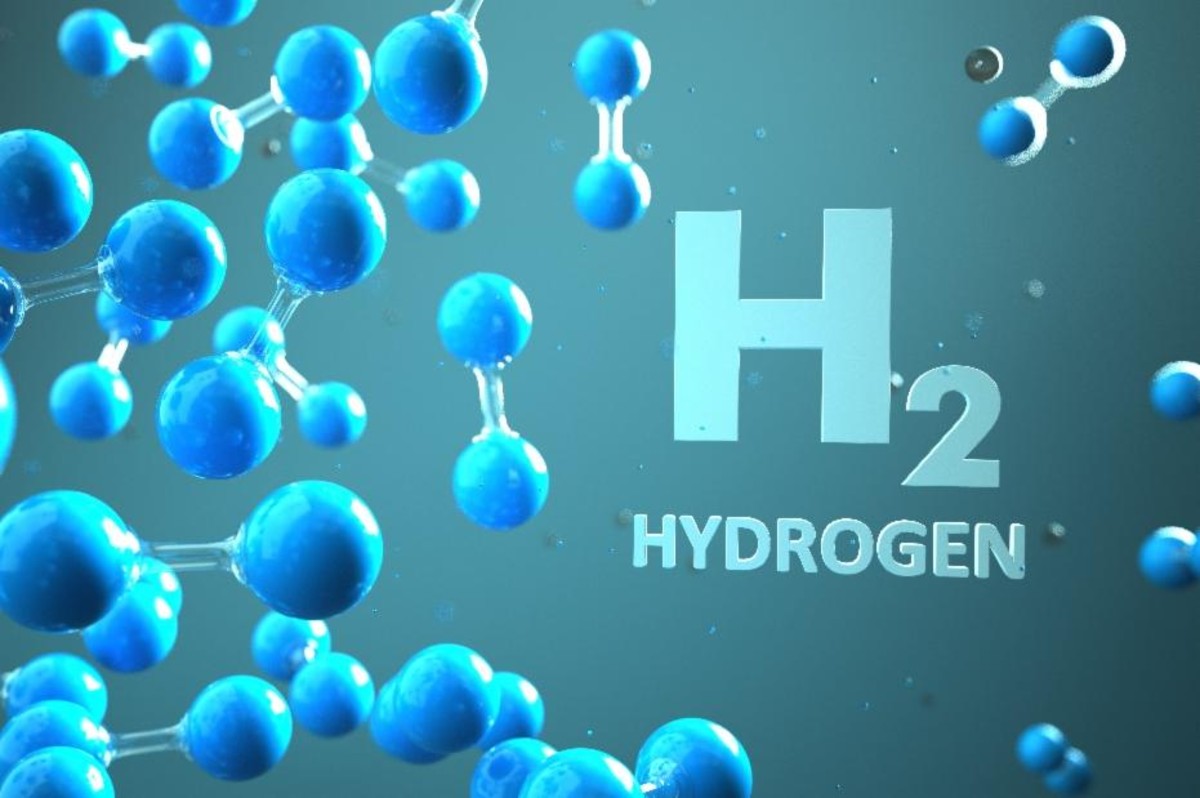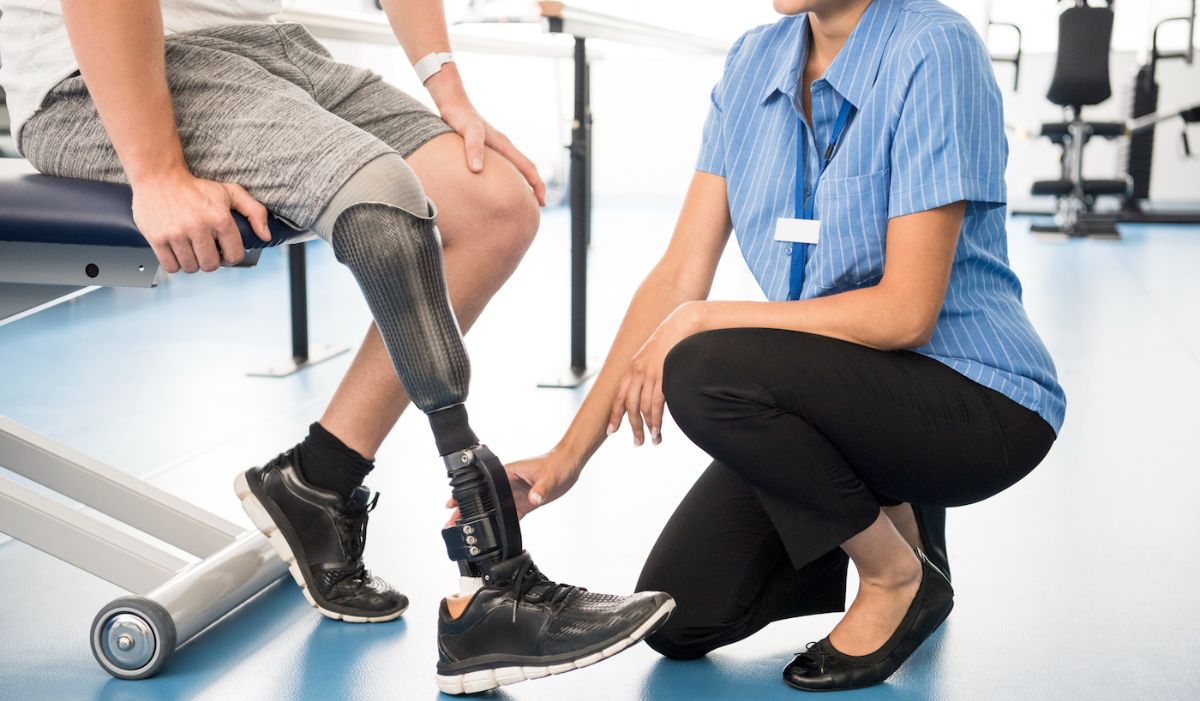The Uneven Scales of Genocide: Beyond Africa, the Middle East, and the Baltic States
- TDS News
- D.O.C Supplements - Trending News
- World News
- January 31, 2024

Image Source, 995645
The Genocide Convention, a cornerstone of international law adopted in the wake of the Holocaust, defines and outlaws acts aimed at destroying, in whole or in part, a national, ethnic, racial, or religious group. Yet, its application often feels skewed, with attention focused on conflicts in Africa, the Middle East, and former Soviet states while atrocities committed by Western powers and global elites often fly under the radar. This raises a crucial question: where is the equal application of the Genocide Convention?
Firstly, the perception of Western impunity stems from the Convention’s ambiguity in defining “intent to destroy.” Armed conflicts often involve collateral damage and civilian casualties, making it difficult to prove the specific intent to eradicate a group. This ambiguity creates a gray area where powerful nations can engage in actions with devastating consequences for targeted communities, yet escape the label of genocide.
Secondly, the political realities of international relations impede even-handed application. Powerful nations often wield veto power in international bodies like the UN Security Council, shielding themselves from scrutiny and accountability. This creates a system where accusations of genocide become politicized, weaponized against less powerful states, and ignored when levelled against powerful actors.
Furthermore, the economic and military dominance of Western powers allows them to operate with greater impunity. The sale of weapons to warring factions, even when aware of potential genocidal intent, rarely faces legal repercussions. This complicity, while not direct genocide, fuels the flames of conflict and contributes to the destruction of targeted groups.
However, it’s crucial to avoid painting an overly simplistic picture. There have been instances where Western powers have faced consequences for actions bordering on genocide. The International Criminal Tribunal for the former Yugoslavia convicted several individuals for war crimes and crimes against humanity during the Yugoslav Wars, demonstrating a willingness to hold accountable those responsible for atrocities, even if not explicitly labelling them as genocide.
The fight for equal application of the Genocide Convention requires a multi-pronged approach:
- Strengthening international legal frameworks: Clarifying the definition of “intent to destroy” and closing loopholes that allow powerful nations to escape accountability.
- Promoting independent investigations and accountability mechanisms: Ensuring impartial investigations of alleged genocide, regardless of the perpetrators’ political or economic clout.
- Raising public awareness and building pressure on governments: Exposing the hypocrisy of selective application and demanding transparency in arms sales and foreign policy decisions.
Ultimately, achieving true equality before the law requires dismantling the power imbalances that currently favor the strong over the weak. Only by acknowledging the complex realities of genocide and challenging the double standards that perpetuate its uneven application can we move towards a world where all lives, regardless of ethnicity, nationality, or wealth, are truly valued and protected.








